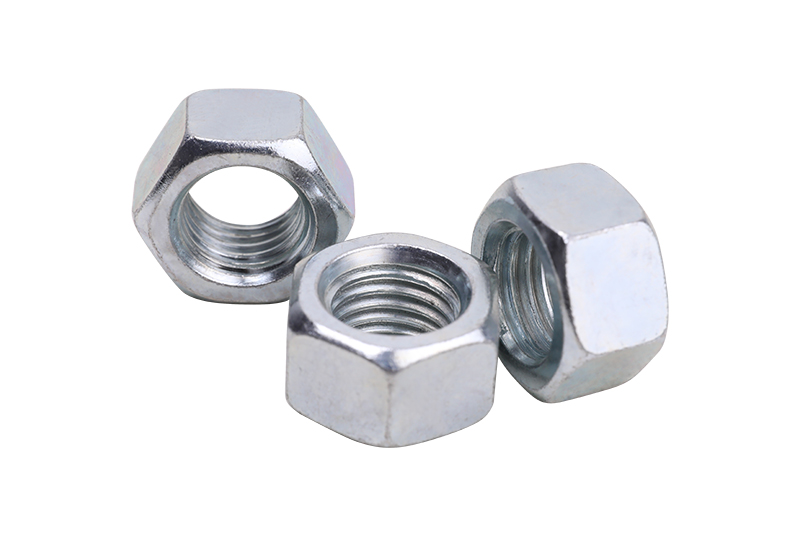A hex nut is a type of fastener with a threaded hole, u […]
A hex nut is a type of fastener with a threaded hole, usually used in conjunction with a bolt to secure multiple parts together. The threads on the nut and the bolt keep them together through friction, slight stretching, and compression of the parts. Despite the name, there are many uses for the hex nut. Here are some of the most common ones:
Hex nuts come in a variety of sizes, including the metric and imperial sizes. Other hex nut types are available, including the materials and grades used for hex nuts. If you're looking for a hex nut for a specific application, make sure you consider a few things before you choose one. First, determine what type of bolt you're using, as some types are better than others.
When it comes to corrosion resistance, hex nuts can benefit from zinc or hot-dip galvanizing. Hot-dip galvanizing is the cheapest commercial plating option, but zinc has only moderate corrosion resistance. If you're dealing with corrosive environments, stainless steel is the way to go. You can even get plain-finish hex nuts, which are prone to rust. In either case, you'll get a reliable fit and long-lasting performance.

When it comes to materials, hex nuts can be made of different metals. For example, 316 stainless steel hex nuts are made from a high-quality austenitic alloy, which is more resistant to corrosion than the 18-8-grade. Stainless steel hex nuts, for example, are commonly used in chemical equipment. They're also more resistant to heat, corrosion, and rust than 18-grade stainless steel. Other common materials include steel and copper alloys.
A hex nut is often made of steel and has a minimum carbon content of 0.55%. It also has a minimum manganese content of 0.30% and maximum sulfur content of 0.05%. It is suitable for bolts with a minimum tensile strength of 150,000 psi. Hex nuts can be purchased in a variety of sizes and materials, so choosing the correct nut for your needs is important.
While it may be easy to mistake hexagonal nuts for hex nuts, the fact is that hex nuts have a hex-shaped exterior and a hexagonal center. Both of these shapes are equally useful for fastening metal components. You can use hex nuts in a variety of applications ranging from building shelves to car maintenance to repairing household appliances. They are the universal choice, despite their complexity and potential for damage.
In addition to being available in many sizes, hex nuts can be made in various types of threading. The standard hex nut is less than half an inch wide across its flats and corners. The heavier and thicker heavy hex nuts are typically used for bolts with large diameters and high strength. Their compatibility chart can be helpful to determine which nut type is right for your project. So, next time you need a nut for your project, you can choose a hex nut from a large selection of options.